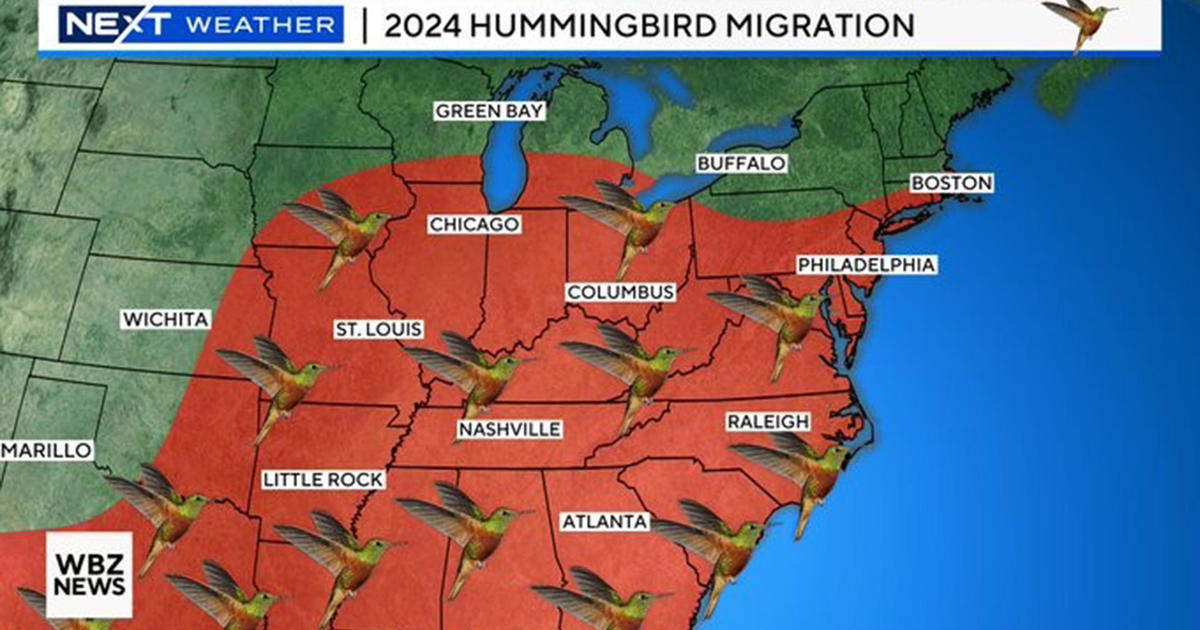Keller @ Large: More People Worry About Safe Return Than Economic Impact, Coronavirus Poll Finds
BOSTON (CBS) – The new CBS News/YouGov poll of 2,112 adults is bad news for the let's-get-back-to-normal-right-now crowd.
More than three-quarters of those surveyed say they feel stay-at-home orders have been "effective" in "limiting the spread of the virus nationwide." By a 63-37% margin, they express more concern that "things will open up too fast and the outbreak will get worse" than that the "economy will get worse" if "things open up too slowly."
And only 23% support the small shutdown protests that have popped up in some states, while 62% oppose them.
One striking thing about many of these results – in an era where huge gender gaps are routine in public policy polling, there's little daylight between men and women on many key pandemic issues.
Similar majorities of men and women feel efforts to deal with the coronavirus outbreak are going "somewhat" or "very" badly. In most polls there's a stark gender gap in opinions of President Trump's job performance, but here the difference is much smaller than normal, with 49% of men and 55% of women rating his work "somewhat" or "very" bad. Same goes for Congress, which fares even worse, even though there's massive approval from both genders of the federal bailouts Congress is passing.
Men and women are in unison in wanting re-opening decisions made by their state's governor (53% men, 55% women) rather than President Trump (20% men, 19% women). And men are somewhat more comfortable with the idea of going out to bars, restaurants, sports events and other entertainment venues if stay-at-home orders were lifted right now, although large majorities of both genders don't like the idea.
But on the question of whether or not widespread public testing should be done before re-opening or after, men are much more willing to go ahead without the mass testing, 31-22%. Nearly two-thirds of women say the testing should come first, while just half of men agree.
Asked about the motives of people who back quicker reopenings, 51% of men and 47% of women give them the benefit of the doubt, saying it's because "they feel they are doing what's best for their community" rather than looking to "gain political advantage." But when the question is applied to those who "support longer times for stay at home orders," a sharp gender gap emerges, with 78% of women saying they're doing what they think best compared with 65% of men.
Thirty-seven percent of women are "very concerned" about themselves or a close relative getting the virus; only 28% of men say the same, although 42% do say they're "somewhat concerned."
As for those controversial protests against virus related shutdowns and restrictions, two-thirds (67%) of women oppose them, joined by a solid majority of men (56%). But support for the protestors runs markedly higher among men than women, 29-17%.
Less than ten percent of men and women believe the president should "encourage" the shutdown protests that have popped up in a number of states. But by a 59-52% margin, women are more likely than men to say he should "discourage" them.
The bottom line: all along, men have been much more likely than women to approve of Trump and endorse his policy prescriptions. Some of that attachment still lingers despite gender solidarity on concern about the potential for virus resurgence and skepticism about federal handling of it.
But with Georgia set to re-open an array of businesses tomorrow (tattoo parlors? Really?) and other states poised to follow suit, a tipping point in public opinion may be at hand. If restrictions are lifted without bad results, it's reasonable to expect support for continued shutdowns and the economic agony they are inflicting to dissolve.
If the opposite occurs? I wouldn't want to be a pro-protest, quick re-opening advocate when men and women across the country demand accountability.



